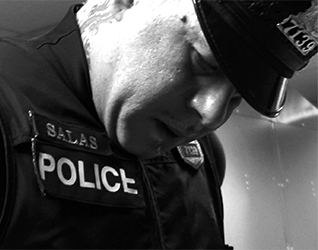
By 2014, 44 U.S. states—almost 90 percent of the states—had a process for the removal of the license or certificate of a police officer who has engaged in serious misconduct, thereby preventing the officer from serving with any law enforcement agency in that state.1 In most states, the agency in charge of issuing and revoking the licenses is known as the Peace Officers Standards and Training Commission (POST). In the absence of such a law, there is nothing to stop a department from hiring an obviously unfit police officer.
These laws sometimes came into existence as response to incidents or situations where license revocation might have been a beneficial tool. An especially egregious example that spurred the enactment of Missouri’s revocation law in 1988 took place when a small police department, Breckenridge Terrace, located in St. Louis County, Missouri, hired Joseph Sorbello, who had previously been fired from a full-time position as a lieutenant at the Maplewood-Richmond Heights Police Department, a much larger department in St. Louis County. At the Maplewood-Richmond Heights department, Sorbello was involved in several instances of misconduct over a six-year period. While employed at Breckenridge Terrace, he returned to Maplewood and fatally shot an unarmed suspect in the back.2


